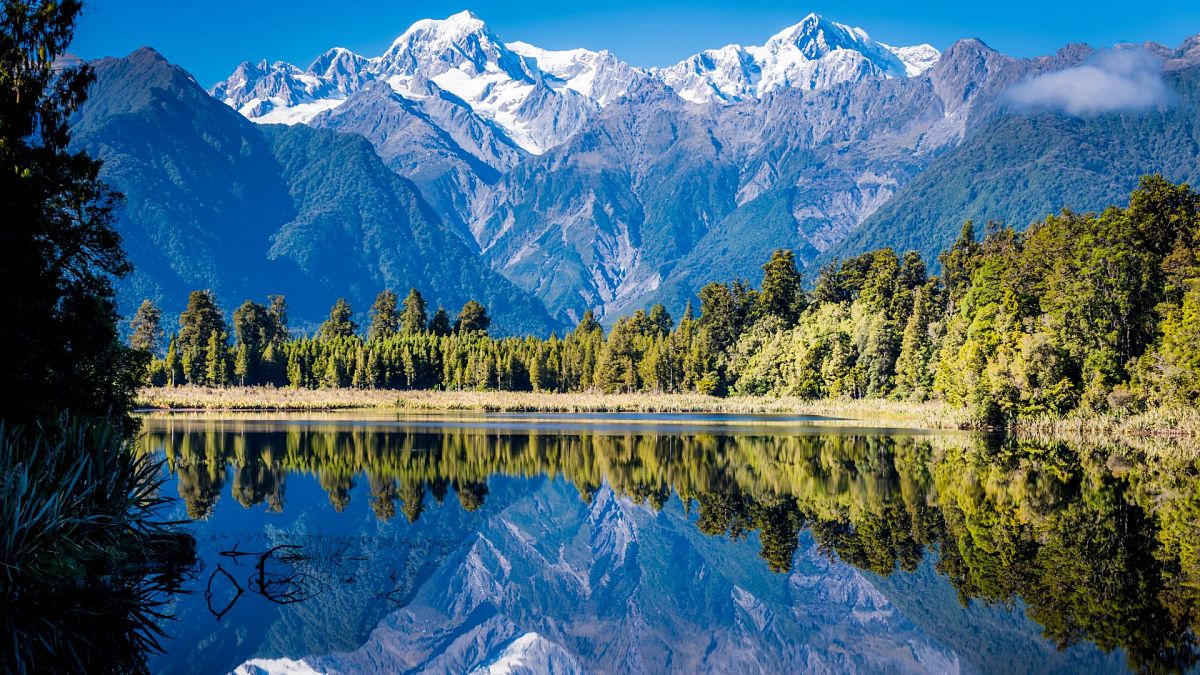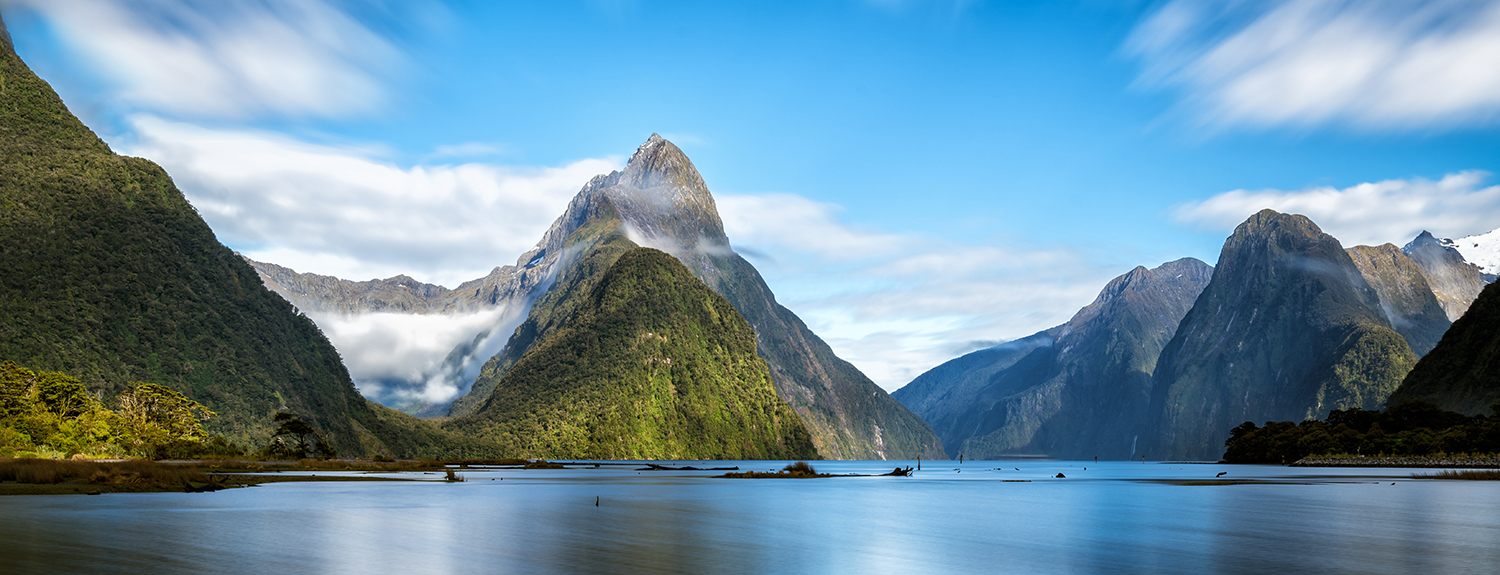“`html
New Zealand’s Untamed Beauty: A Deep Dive into Nature tourism
New Zealand’s Untamed Beauty: A Deep Dive into Nature Tourism
New Zealand, Aotearoa, the land of the long white cloud, is a global icon for pristine wilderness and breathtaking landscapes. It’s a haven for nature enthusiasts, adventurers, and those seeking solace in the grandeur of the natural world. From towering mountain ranges to serene fjords, geothermal wonders to lush rainforests, New Zealand offers a diverse and captivating array of natural experiences. This article delves into the heart of New Zealand’s nature tourism, exploring its unique offerings, the challenges it faces, and the sustainable practices that are shaping its future.
The Diverse Landscapes: A Natural Playground
New Zealand’s geographical diversity is a key factor in its appeal. The country’s location on the Pacific Ring of Fire has resulted in a dynamic landscape sculpted by volcanic activity, glaciers, and tectonic forces. This has created a tapestry of environments, each with its own distinct character.
The Majestic Southern Alps

The Southern Alps, stretching the length of the South Island, are a dramatic mountain range that forms the backbone of the country. They offer world-class hiking, skiing, and mountaineering opportunities. Mount Cook (Aoraki), New Zealand’s highest peak, stands as a testament to the region’s rugged beauty. Glaciers like the Franz Josef and Fox Glaciers carve their way through the mountains, offering accessible and awe-inspiring experiences. The alpine environment is a draw for those seeking adventure and stunning vistas.
Fiordland National Park: A World of Fjords
Fiordland National Park, located in the southwest corner of the South Island, is a UNESCO World Heritage Site renowned for its dramatic fjords, including Milford Sound and Doubtful Sound. These deep, U-shaped valleys were carved by glaciers and are now filled with seawater, creating stunning waterways surrounded by towering cliffs and cascading waterfalls. Kayaking, cruising, and hiking are popular activities in this region, allowing visitors to immerse themselves in the tranquility and grandeur of the fjords.
The Volcanic Wonders of the North Island
The North Island is home to a geothermal wonderland, with bubbling mud pools, geysers, and hot springs. Rotorua, in particular, is a hub for geothermal activity, offering visitors the chance to witness the power of the earth’s internal forces. The Tongariro National Park, another UNESCO World Heritage Site, features active volcanoes like Mount Ruapehu, Mount Ngauruhoe, and Mount Tongariro, creating a surreal and otherworldly landscape. Hiking the Tongariro Alpine Crossing, a challenging but rewarding trek, is a must-do for many visitors.
The Coastal Charm: Beaches and Marine Life
New Zealand’s coastline is extensive and varied, offering a wealth of opportunities for beachgoers and marine enthusiasts. From the golden sands of the Coromandel Peninsula to the rugged shores of the Otago Peninsula, there’s a beach for every taste. The country’s marine environment is also rich in biodiversity, with opportunities for whale watching, dolphin encounters, and diving. The Poor Knights Islands Marine Reserve, off the coast of Northland, is a world-renowned diving destination, known for its clear waters and diverse marine life.
The Lush Rainforests and Native Bush

New Zealand’s native forests, known as “bush,” are home to a unique array of flora and fauna. The country’s isolation has resulted in the evolution of many endemic species, including the iconic kiwi bird. Rainforests, like those found in the West Coast of the South Island, offer lush greenery, towering trees, and a sense of tranquility. Hiking and birdwatching are popular activities in these areas, allowing visitors to connect with the natural world.
The Rise of Adventure Tourism
New Zealand has become synonymous with adventure tourism, attracting thrill-seekers from around the globe. Activities like bungee jumping, white-water rafting, jet boating, and skydiving are readily available, offering adrenaline-pumping experiences in stunning natural settings. Queenstown, often referred to as the adventure capital of the world, is a hub for these activities. The combination of spectacular landscapes and a culture of adventure has made New Zealand a premier destination for those seeking excitement and challenge.
The Importance of Sustainable Tourism
As nature tourism in New Zealand continues to grow, it’s crucial to ensure that its impact on the environment is minimized. Sustainable tourism practices are essential for preserving the country’s natural beauty for future generations. This includes responsible waste management, minimizing carbon emissions, and respecting local cultures and communities.
Conservation Efforts and Eco-Tourism Initiatives
New Zealand is committed to conservation, with a strong focus on protecting its native flora and fauna. The Department of Conservation (DOC) plays a vital role in managing the country’s national parks and reserves. Eco-tourism initiatives, such as guided tours that emphasize environmental awareness and conservation, are becoming increasingly popular. Many tourism operators are adopting sustainable practices, such as using renewable energy and reducing waste. The Tiaki Promise, a commitment to care for New Zealand, is promoted to all visitors, encouraging them to travel responsibly and respectfully.
The Challenges of Tourism Growth
The popularity of New Zealand as a tourism destination has also brought challenges. Overcrowding in popular areas, environmental degradation, and strain on infrastructure are concerns that need to be addressed. Balancing the economic benefits of tourism with the need to protect the environment is a key challenge for the country. Managing visitor numbers, promoting responsible travel, and investing in sustainable infrastructure are crucial for mitigating these challenges.
The Role of Local Communities
Local communities play a vital role in shaping the future of nature tourism in New Zealand. Māori culture, in particular, is deeply intertwined with the natural world, and Māori values and knowledge are increasingly recognized as essential for sustainable tourism. Engaging with local communities, respecting their cultural heritage, and supporting their economic development are crucial for ensuring that tourism benefits everyone.
Experiencing Māori Culture and Nature
Māori culture is an integral part of New Zealand’s identity, and experiencing Māori traditions and perspectives can enhance a nature tourism experience. Many tourism operators offer cultural experiences, such as guided tours that share Māori stories and legends, traditional hangi feasts, and opportunities to learn about Māori arts and crafts. Learning about Māori values, such as kaitiakitanga (guardianship of the land), can provide a deeper understanding of the importance of conservation and sustainability.
The Future of Nature Tourism in New Zealand
The future of nature tourism in New Zealand depends on a commitment to sustainability, responsible management, and respect for the environment and local communities. By embracing these principles, New Zealand can continue to be a world leader in nature tourism, offering unforgettable experiences while preserving its natural beauty for generations to come. The emphasis on slow travel, deeper cultural immersion and ecological awareness will shape the future of New Zealand tourism.
In conclusion, New Zealand’s nature tourism offers a unique and captivating experience, showcasing the country’s diverse landscapes, rich biodiversity, and vibrant culture. By embracing sustainable practices and respecting the environment, New Zealand can continue to be a premier destination for nature enthusiasts and adventure seekers from around the world.
“`



